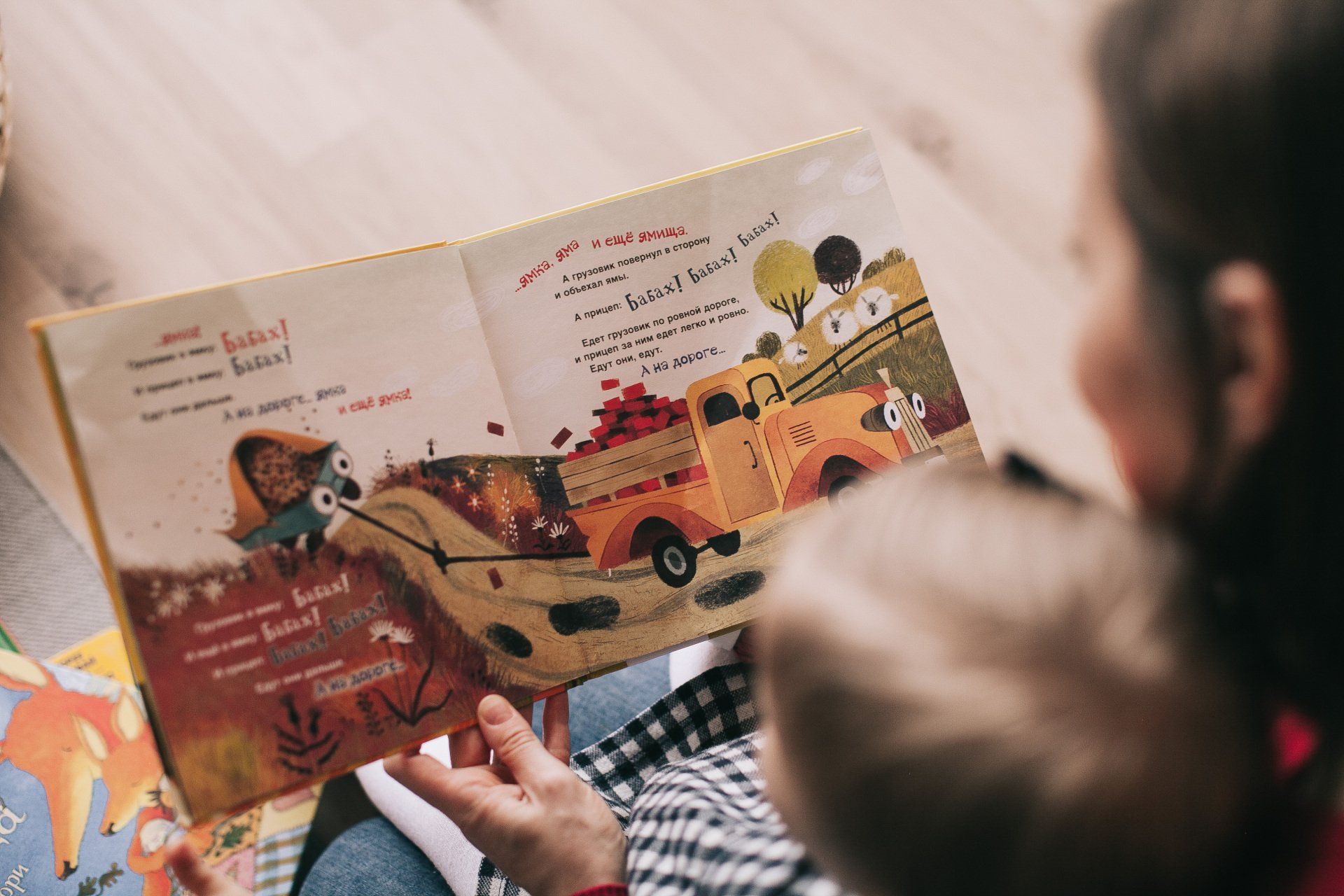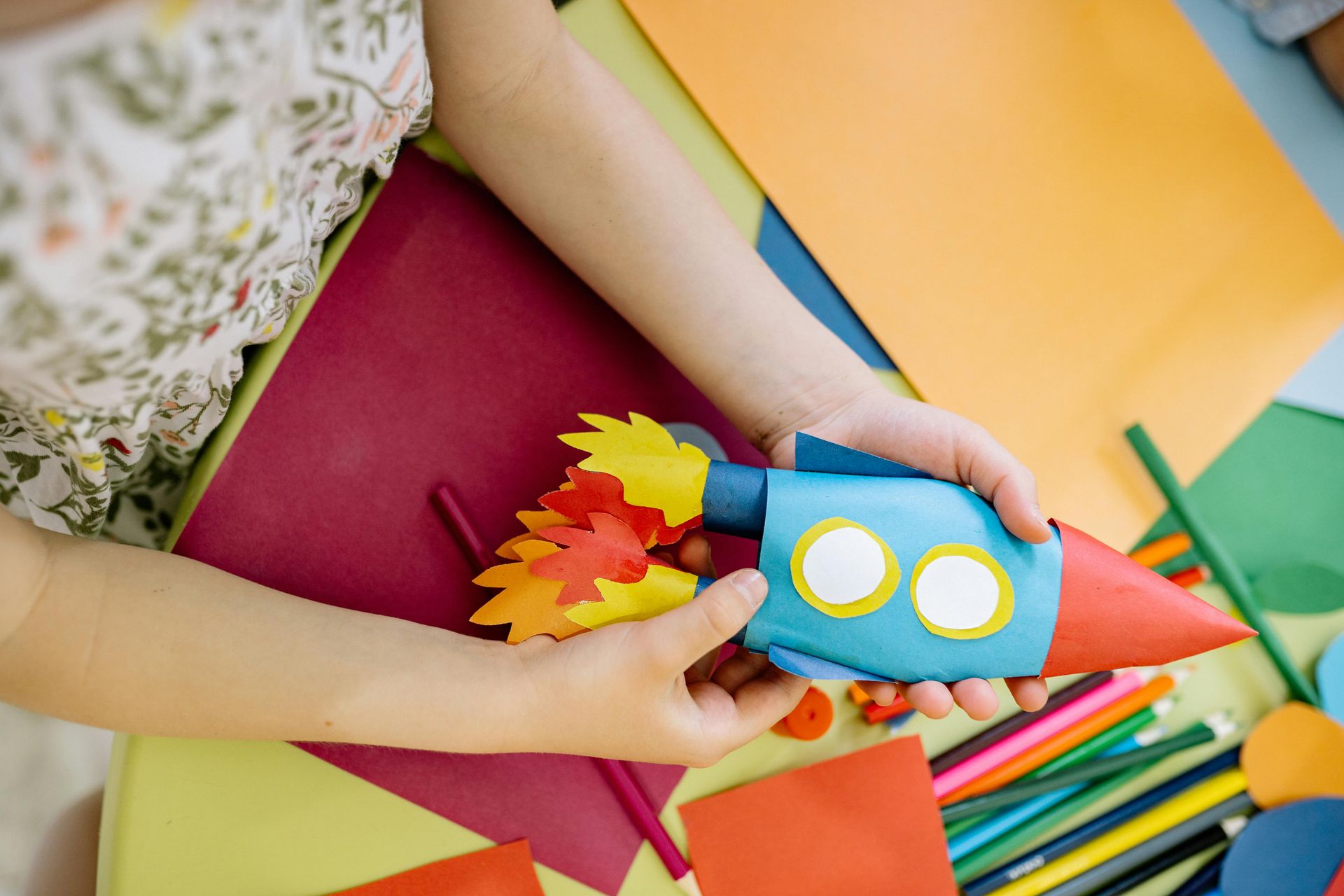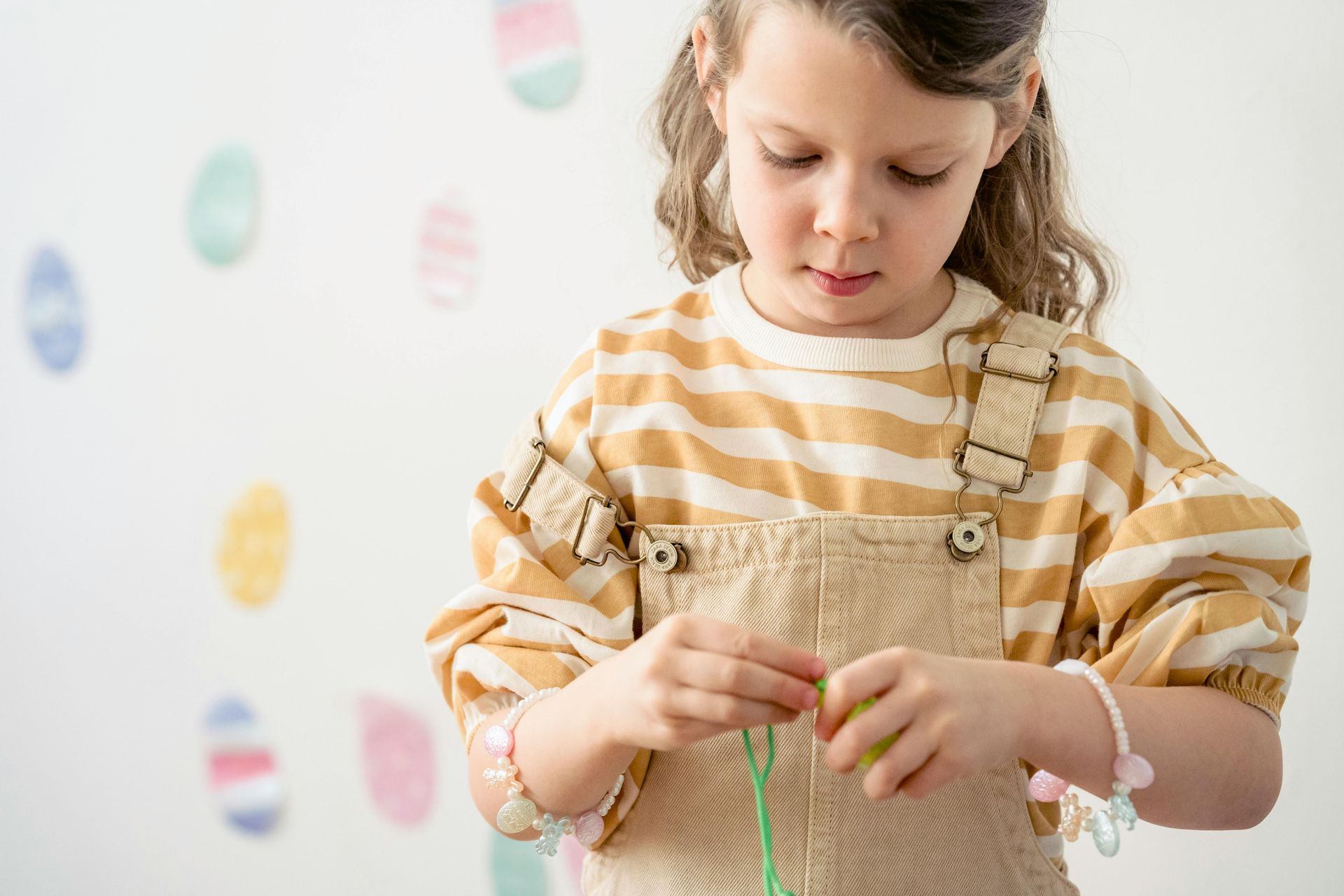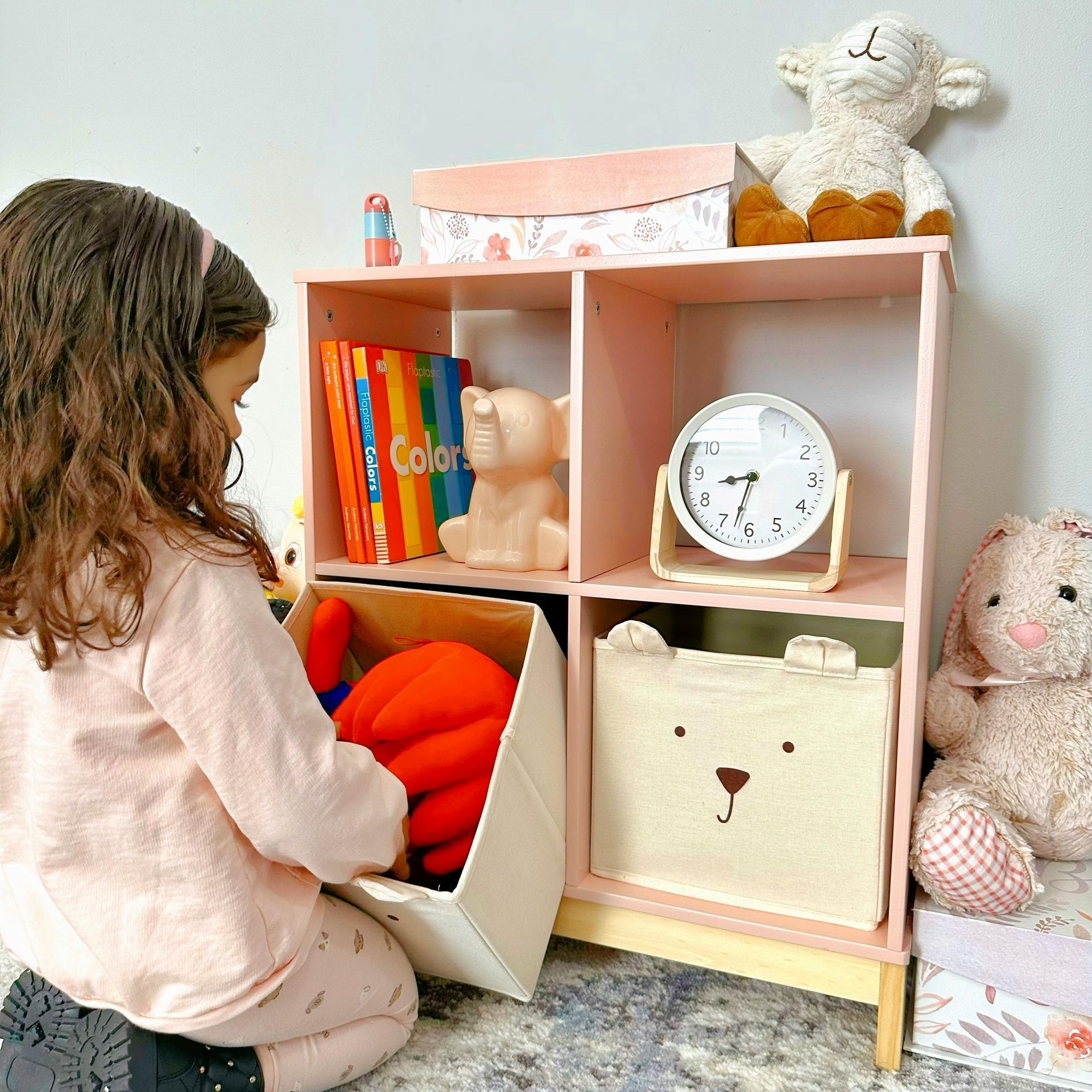Supporting Your Child’s Emotional Growth: Techniques for Parents and Educators in Orlando

Supporting a child’s emotional development is one of the most important tasks for both parents and educators. Early childhood is a critical time for emotional growth, and the foundation laid during these years can influence a child’s ability to navigate relationships, handle stress, and express themselves confidently throughout their lives. At Early Education Station Orlando, we recognize the importance of nurturing emotional intelligence in young children, and we’re committed to providing both educational and emotional support that ensures every child thrives.
In this blog post, we will explore practical techniques and strategies that parents, caregivers, and educators can implement to support children’s emotional growth. By fostering a safe, supportive, and understanding environment, we can help children develop the skills they need to manage their feelings, communicate effectively, and build healthy relationships with others.
Understanding Emotional Development in Early Childhood
Emotional development in early childhood is the process by which children learn to understand, express, and regulate their emotions. During these formative years, children begin to identify their feelings, respond to emotions in others, and develop social and emotional coping skills. However, emotional growth doesn’t happen overnight. It’s a gradual process that requires patience, consistency, and understanding from those who care for them.
Key milestones in emotional development include:
- Understanding Emotions: Around 2-3 years of age, children start to identify basic emotions like happiness, sadness, and anger.
- Empathy: By age 4, children begin to develop empathy, which means they can understand how others feel and respond accordingly.
- Emotional Regulation: By age 5, children start to regulate their emotions better, learning how to manage feelings like frustration and disappointment without acting out.
Parents and educators play a crucial role in helping children understand and manage their emotions during these critical years.
Techniques for Supporting Emotional Growth
There are several effective strategies that both parents and educators can use to support children’s emotional development. These techniques not only help children build emotional intelligence but also equip them with lifelong skills for self-awareness, emotional regulation, and social interactions.
1. Model Emotional Expression
Children learn by observing the adults around them, so it’s important for parents and educators to model appropriate emotional expression. When adults express their own feelings in a healthy way, children are more likely to mimic those behaviors. For example, if you feel frustrated, you might say, “I’m feeling frustrated because this is taking longer than I expected, but I’m going to take a deep breath and calm down.” This teaches children that it’s okay to feel emotions, and it shows them how to express those feelings in constructive ways.
Tip: Use “feeling words” frequently—words like happy, sad, mad, and excited—when talking with children so they learn how to identify their own emotions.
2. Create a Safe Emotional Space
For children to feel emotionally secure, they need to know that their feelings are valid and respected. Creating a safe emotional space involves showing empathy and support when children express their emotions, even if those emotions are difficult to handle. Let children know that it’s okay to feel upset, scared, or angry, and provide comfort during challenging emotional moments.
Tip: When a child is upset, instead of rushing to “fix” the situation, take a moment to validate their feelings. For example, say, “I can see that you’re upset, and it’s okay to feel that way. Let’s talk about what happened.”
3. Encourage Emotional Language
Building emotional literacy is an essential part of emotional development. Encourage children to use words to express their emotions, rather than relying on physical actions like hitting or crying. Help children expand their emotional vocabulary by introducing new words and discussing different emotions throughout the day.
Tip: When a child experiences a strong emotion, such as anger or sadness, ask them how they’re feeling and help them identify the emotion. You can also use books, stories, and songs to teach emotional vocabulary.
4. Teach Problem-Solving Skills
Emotional regulation is closely tied to problem-solving skills. When children face challenges or conflicts, it’s essential to teach them how to identify solutions and cope with frustration. For example, if a child is upset because a toy is broken, you can guide them through the process of solving the problem, such as asking, “What can we do to fix this?” or “What would help you feel better?”
Tip: Use role-playing games to practice problem-solving in a safe, controlled environment. You can act out scenarios where children have to work through emotions and conflicts, helping them rehearse how to handle similar situations in real life.
5. Promote Positive Social Interactions
Social skills are a vital aspect of emotional development. Encouraging positive interactions with peers helps children learn empathy, cooperation, and conflict resolution. Activities like group play, sharing, and taking turns are all valuable opportunities for children to develop their emotional intelligence and build social skills.
Tip: Create opportunities for group play in a variety of settings, whether it’s in a classroom, at a playground, or during a family gathering. Support children in practicing sharing, taking turns, and resolving conflicts with peers.
The Role of Educators in Emotional Development
At Early Education Station Orlando, our educators are trained not only to teach academic skills but also to recognize and support emotional growth. Our classrooms are designed to be nurturing environments where children feel safe to explore their emotions and develop healthy relationships with their peers and teachers.
We use social-emotional learning (SEL) strategies to support emotional growth in the classroom, such as:
- Daily check-ins: We begin each day with a moment for children to share how they’re feeling, allowing them to recognize and express their emotions.
- Emotion charts: Visual aids like emotion charts help children identify and label their feelings, fostering emotional awareness.
- Mindfulness activities: We incorporate simple mindfulness exercises, such as deep breathing or guided imagery, to help children calm their minds and regulate their emotions.
By supporting emotional growth in early childhood, we help lay the foundation for lifelong emotional well-being and success.
Explore how character development and real-world experiences shape early learners in The Early Years Blueprint: Building Character Before Kindergarten and Beyond the Classroom Walls: Orlando Adventures That Spark Young Minds.
Conclusion
Emotional development is as essential as cognitive growth for young children. At Early Education Station Orlando, we believe that helping children build emotional intelligence is crucial for their overall development. By using these techniques and strategies, parents and educators can provide the support children need to grow into emotionally resilient, confident individuals who are equipped to navigate the complexities of the world around them.
When we nurture emotional growth alongside intellectual development, we are setting the stage for a generation of children who not only excel academically but are also kind, compassionate, and self-aware. Together, we can create a brighter future for the children of Orlando, one that celebrates emotional well-being and lifelong learning.











